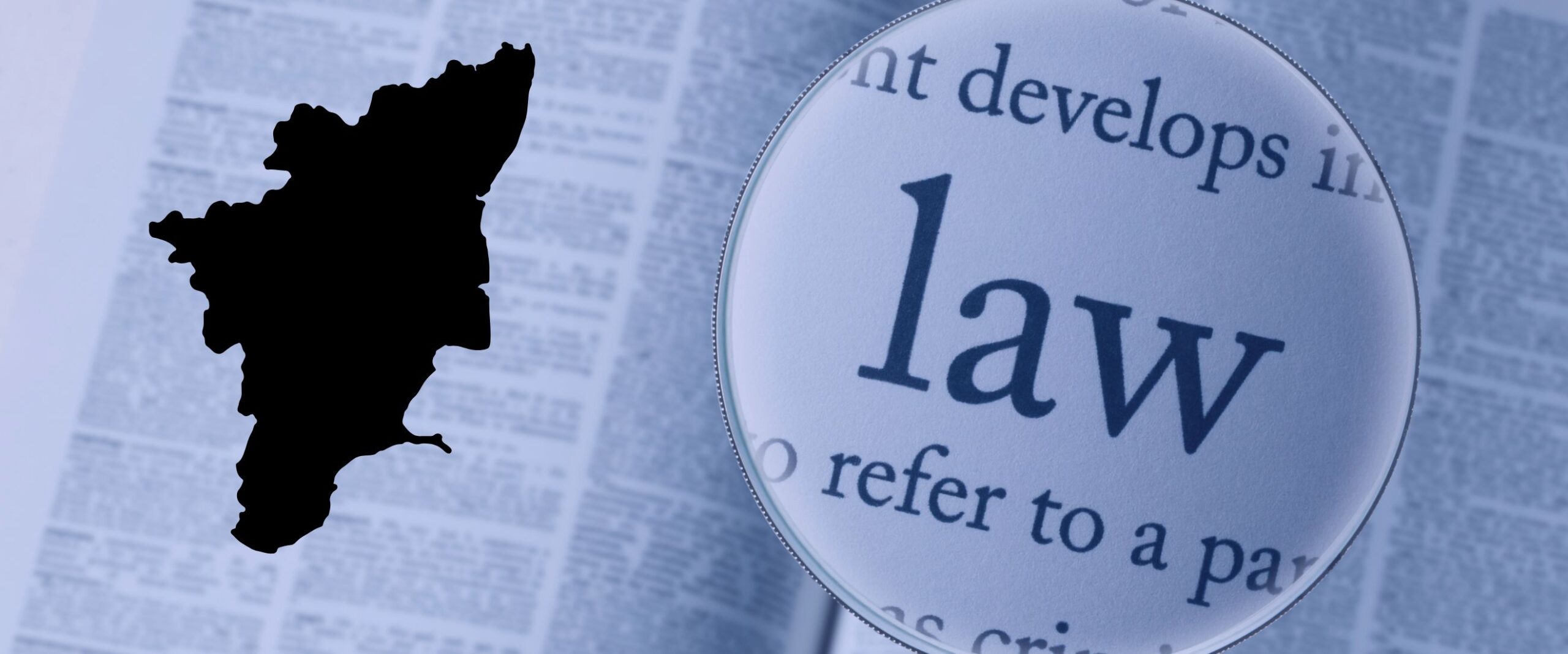Analysis
A substantial question of law
Why wasn’t the TN Governor Case referred to a Constitution Bench?

The recent landmark Judgement of a Division Bench in the Tamil Nadu Governor case has invited appreciation from many observers. Some, however, have criticised the decision on the ground that a two-judge Bench ought not to have decided the case because it involved ‘a substantial question of law’ under Article 145(3) and therefore could only be heard by a Constitution Bench (five judges or more).
Unsurprisingly, some of the most trenchant criticism has come from advocates associated with the Bharatiya Janata Party, such as lawyer Hitesh Jain (Mumbai Vice President of the BJP), who noted the lack of reference as an instance of the Court “not interpreting the Constitution, but weakening its very foundations.”
But what gives pause is the fact that the ‘substantial law’ question has also been raised by other commentators who may not necessarily have a dog in the fight. For instance, the issue has been touched on in an unsigned editorial in the Financial Express and by Senior Advocate Shekhar Naphade in a virtual session of the Friday Group, an education initiative by Supreme Court advocates.
Those who have dealt with and summarily dispatched this contention in their commentaries include advocate Kaleeswaram Raj and former Lok Sabha secretary P.D.T. Achary. Raj suggested that the case warranted an interpretative exercise on the procedural—as opposed to substantive—aspects of the Governor’s power to withhold and grant assent to a Bill. Achary argued that the Court has “only brought out the inherent meaning” in Articles 200 and 201.
Curiously, Attorney General R. Venkataramani, as counsel for the TN Governor, didn’t bring up this submission during oral arguments. He did seek reference to a larger bench, but on the ground that there was a need to harmonise contradictory observations in precedents. This leads to the question—how would the Bench have dealt with the ‘substantial question of law’ argument had it been pressed by the AG?
Summarily, it seems. In Shrimanth Balasaheb Patil v Speaker, Karnataka Legislative Assembly (2019), a three-judge Bench rejected the plea for referring the matter to five judges on the ground that a question which has “already been decided by a conclusive authority” cannot be called “substantial”. There, the Court also noted that “the existence of a substantial question of law does not weigh on the stakes involved in the case, rather, it depends on the impact the question of law will have on the final determination.” While categorically refusing to go into the Speaker’s power to disqualify because it “has been interpreted in a number of cases”, it observed that there was a responsibility of the Court to not “indulge in excessive academic endeavours and preserve judicial time.”
The Bench in State of Tamil Nadu was authoritative about what it considers to be the settled position on Governor’s powers. In fact, it even went so far as to hold a Judgement delivered by another two-judge Bench in B.K. Pavitra v Union of India (2019) as per incuriam because it had misinterpreted questions of law that had been settled by larger benches.
In B.K. Pavitra, the Court had affirmed the discretionary power of the Governor to reserve bills for presidential consideration and precluded the possibility of judicial review of such a decision. In the view of the Bench in TN Governor, though, previous decisions in Shamsher Singh v State of Punjab (1974) and MP Special Police Establishment v State of Madhya Pradesh (2004) had established that the President and the Governor were only figureheads in the constitutional scheme, having limited areas of discretion.
It’s clear from this that the Bench was convinced that there were no blurred lines around the powers of the Governor—the only thing that needed explication were judicially evolved timelines (to opine on and grant assent to bills) that “neither militate against the object of the provision” nor “alter the procedure.”
This article was first featured in SCO’s Weekly newsletter. Sign up now!
PS: Have you been reading weekly editions of our latest newsletter-cum-content category, the Supreme Court Observer Law Reports? Through SCO.LR, we’re putting out crisp and accessible summaries of five key judgements, law reporter-style. If you’ve already started using SCO.LR in your legal research, we’d love to hear from you! Read the latest issue here.
